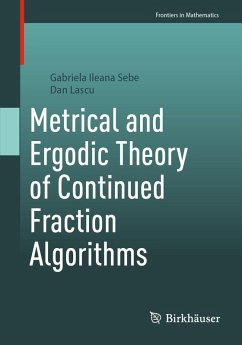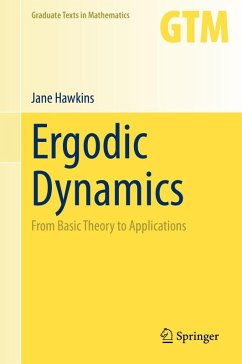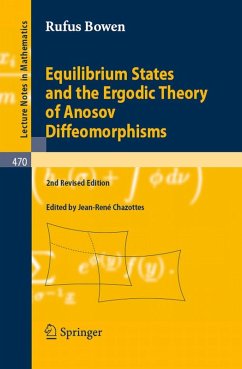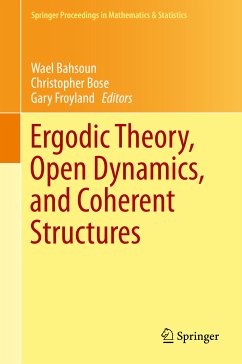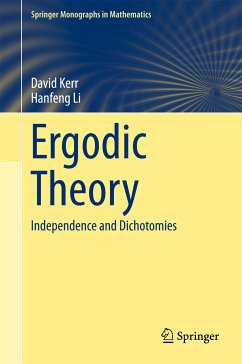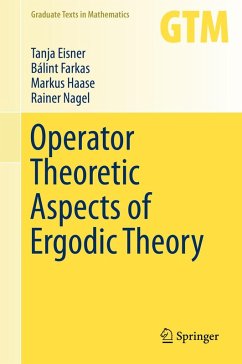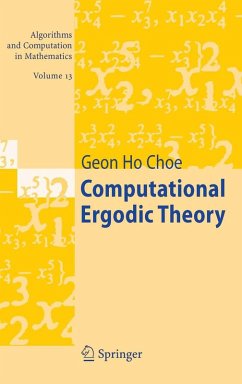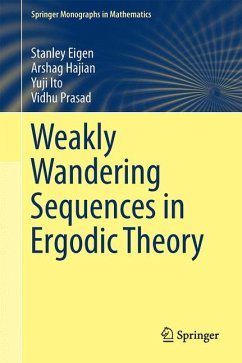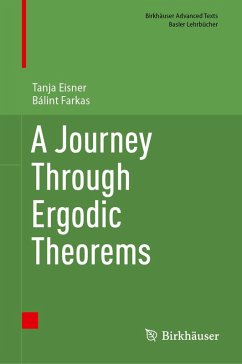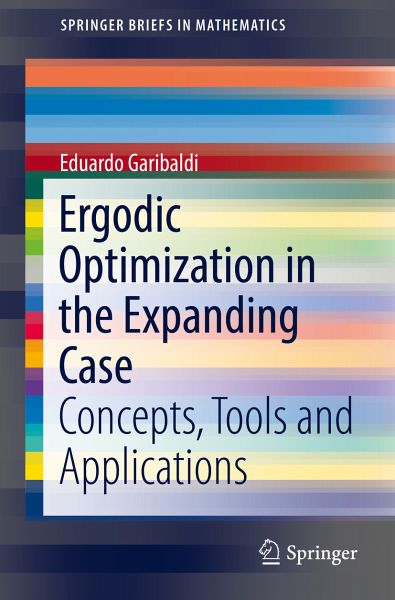
Ergodic Optimization in the Expanding Case (eBook, PDF)
Concepts, Tools and Applications
Versandkostenfrei!
Sofort per Download lieferbar
40,95 €
inkl. MwSt.
Weitere Ausgaben:

PAYBACK Punkte
20 °P sammeln!
This book focuses on the interpretation of ergodic optimal problems as questions of variational dynamics, employing a comparable approach to that of the Aubry-Mather theory for Lagrangian systems. Ergodic optimization is primarily concerned with the study of optimizing probability measures. This work presents and discusses the fundamental concepts of the theory, including the use and relevance of Sub-actions as analogues to subsolutions of the Hamilton-Jacobi equation. Further, it provides evidence for the impressively broad applicability of the tools inspired by the weak KAM theory.
This book focuses on the interpretation of ergodic optimal problems as questions of variational dynamics, employing a comparable approach to that of the Aubry-Mather theory for Lagrangian systems. Ergodic optimization is primarily concerned with the study of optimizing probability measures. This work presents and discusses the fundamental concepts of the theory, including the use and relevance of Sub-actions as analogues to subsolutions of the Hamilton-Jacobi equation. Further, it provides evidence for the impressively broad applicability of the tools inspired by the weak KAM theory.
Dieser Download kann aus rechtlichen Gründen nur mit Rechnungsadresse in A, B, BG, CY, CZ, D, DK, EW, E, FIN, F, GR, HR, H, IRL, I, LT, L, LR, M, NL, PL, P, R, S, SLO, SK ausgeliefert werden.



